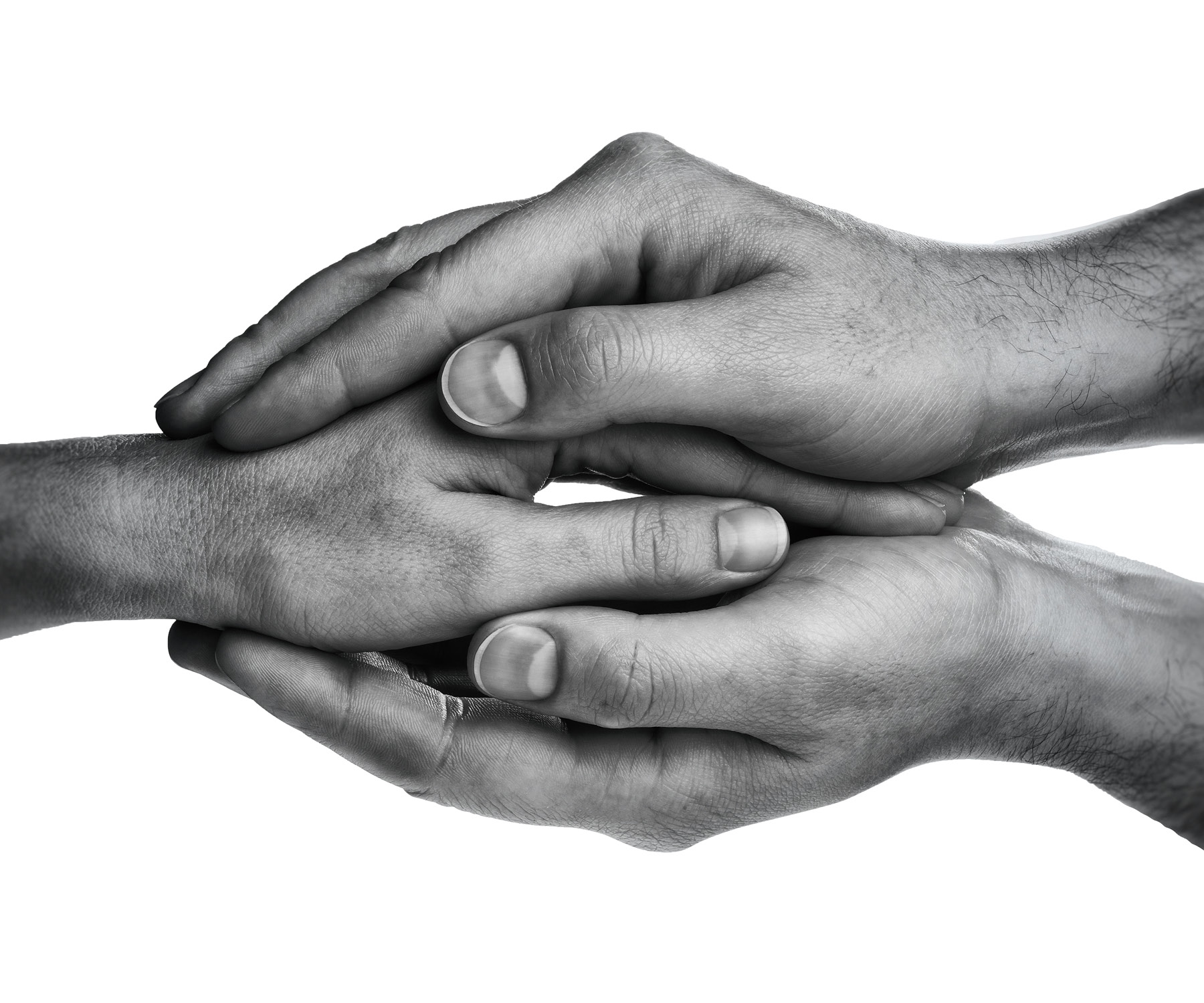Good philanthropy is about more than giving money

When you donate money to a charitable organization or cause, it is obvious that you wish to contribute to the sustenance of the charity and its service users. When you fundraise for the same charity, you put in even more effort by channeling your time, too.
But in the current era that we occupy, is donating and raising money really ‘philanthropy’? And is there another way to look at what it means to be a philanthropist?
My personal belief is that donating and raising money is on par with outsourcing. You are essentially helping someone else do the work that is required to further the cause that you believe in.
There are obvious benefits for CEOs and entrepreneurs who choose to give in this way – it is considered more optimal to deploy intellectual capital within a business or company to generate wealth and then donate a portion of that wealth to a charity that can, at least in theory, redeploy the funds efficiently to secure the maximum final impact.
Yet one does not need to look too far to find news and media coverage about the inefficiency of some charities in converting their funding into frontline impact. While there is no doubting the good intentions of charities, they can lack the intellectual capital of the private sector.
The future of philanthropy
My belief is that the future of philanthropy by companies, CEOs and entrepreneurs lies in dedicating not just financial capital but also their intellectual capital, to directly facilitate socially positive outcomes that are unmediated by charities. Often, this means giving time.
The focus should not be on the magnitude of giving that goes in, but on the return – the impact – measured in terms of positive outcomes. And who better to transact the innovations, efficiencies and optimization of resources that maximize impact return than CEOs and entrepreneurs, whose daily life revolves around this in the commercial world?
I’ve spent the past 30 years of my life trying to convince others to give away more than just their money. The impact of simultaneously offering mentorship, time, money and intellectual capital is far longer lasting than just giving money in isolation.

Money matters – of course it does – but it is not the primary determinant for having the greatest impact.
In Warren Buffett’s pledge letter to his Giving Pledge initiative, he references the shortcoming of his commitment being that he does not contribute "the most precious asset, which is time".
Buffett tacitly acknowledges the importance of also giving intellectual capital and time by referencing his pride that his three children "give extensively of their own time and talents to help others" and that "gifts of this kind often prove far more valuable than money".
I agree entirely with Buffett. As the Founder of the William SD Louey Educational Foundation, I have been funding world-class education for underprivileged yet academically gifted young people for three decades.
Over the years, I have learned that the amount of time I personally spend on cultivating and nurturing each of my educational scholars creates a multiplier effect on the actual amounts of money that I invest. Money matters – of course it does – but it is not the primary determinant for having the greatest impact.
The benefits of attention
My short-term objective when I began my philanthropic journey was to help economically underprivileged scholars from China gain access to the same level of western education that I was privileged to receive. But the monetary contribution I provided was only a fraction of the overall picture. For each scholar, I gave my personal time and attention.
I gave them the benefit of my privilege, my past experiences and my global network and connections. From the initial selection process to their graduation and the years that followed, I let them know that my door was always open.
While the purpose of philanthropy is not to benefit oneself, giving also offers invaluable rewards to those who give.
Not only did they learn from me, but I learned from them; while the purpose of philanthropy is not to benefit oneself, giving also offers invaluable rewards to those who give.
By building a relationship that went far deeper than just money, I fulfilled my long-term objective, which was to nurture talented future leaders who could one day themselves make a difference in the world and also help others.
There were no conditions or strings attached to my offering, other than one: I wanted my scholars to multiply the impact of my philanthropic activities by one day paying it forward.
And to my absolute joy, many of them have and still do.
Intergenerational impact
Many William SD Louey Educational Foundation scholars have risen to entrepreneurial and career success and have used their newfound affluence to give back to the underprivileged communities that they once came from. Some have become significant philanthropists in their own right, with personal and professional achievements that dwarf my own.
My earliest batch of scholars set up a fund called Pay It Forward, which supports and enables underprivileged students to study at the best universities in Europe. All of these earliest scholars embrace the notion that philanthropy is about more than just giving money away and have gone on to become mentors themselves.
And I am both grateful and proud to witness them teaching their own children about paying forward their privilege, by giving their time and resources to those who need it most.
The concepts of giving and philanthropy do not need to be limited only to money, because this only perpetuates the public perception that it’s merely another arena exclusive to the wealthy.
If we believe that giving money is of greater value than giving time and talents, then we negate the immense contribution of those with less disposable income to give.
For me, the most illuminating lesson in my philanthropic journey is the lesson that I would like to share with anyone who is reading this: Good philanthropy is rarely about an immediately visible direct outcome, but the multiplying impact that an outcome can have on others, often over generations.
Giving money is a one-time thing. But impact is a continuum.